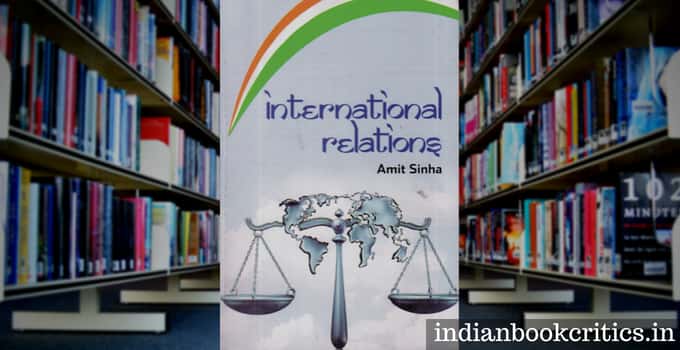

Such change has become increasingly noticeable in the decades since the end of the Cold War, or perhaps it is an altogether recent emergence.


Finally, the public, in turn, is more directly –often mediated by social media – placing demands on diplomacy, be it to stop whaling, halt the flow of refugees, or any other issue on the contemporary agenda. President Donald Trump, who assumes that foreign policy issues are better solved bilaterally. At the same time, in some areas of international relations, policy makers are turning away from multilateralism – and it is not just U.S. An example of its diversifying influence is reflected in the expansion of the framework and themes of traditional multilateral diplomacy: the UN Climate Change Conference in Bonn in 2017 was the largest multilateral conference ever held in Germany issues such as climate and health, which in the past were by no means part of the foreign policy realm, are handled by diplomatic means today as a matter of course. Modern diplomacy extends its activities into many spheres, but today it is subject to unprecedented influences and restrictions.

New Realities in Foreign Affairs: Diplomacy in the 21 st Century Ministries of Foreign Affairs, diplomats and governments in general should therefore be proactive in four areas:ġ. Diplomats must understand the tension between individual needs and state requirements, and engage with that tension without detriment to the state.Ģ. Digitization must be employed in such a way that gains in efficiency are not at the expense of efficacy.ģ. Forms of mediation should be developed that reconcile the interests of all sides allowing governments to operate as sovereign states, and yet simultaneously use the influence and potential of other actors.Ĥ. New and more open state activities need to be advanced that respond to the ways in which emotionalized publics who wish to participate in governance express themselves. These trends, reflecting general societal developments, need to be absorbed by diplomacy as part of state governance. Technical developments, mainly digitization, affect how the work of the diplomat is understood the number of domestic and international actors whose activity implicates (or is a form of) diplomacy is increasing the public is more sensitive to foreign policy issues and seeks to influence diplomacy through social media and other platforms the way exchange between states, as well as the interchange between government and other domestic actors, progresses is influencing diplomacy’s ability to act legitimately and effectively and finally, diplomats themselves do not necessarily need the same attributes as they previously did. These changes also affect aspects of domestic and international politics that were once of no great concern to diplomacy. Once you have realized that you are not indifferent to the fate of the planet and that you have the right talents and capabilities, don’t hesitate to check out some of the Master in International Relations programs on this page to find the one that suits you best.Modern diplomacy is currently experiencing fundamental changes at an unprecedented rate, which affect the very character of diplomacy as we know it. Graduates with a Master in International Relations degree can go on to careers in government branches, diplomacy, non-governmental organizations, as well as private companies and corporations.
#BEST INTERNATIONAL RELATIONS BOOKS 2017 PROFESSIONAL#
With a Master in International Relations, you can be a professional addressing a number of important issues such as human rights, dealing with organized crime, globalization, nuclear proliferation, economic development and many others. With a Master in International Relations, students will explore the study that researches relationships between countries, on the whole and in much detail, involving roles of states, governmental and non-governmental organizations, academic and public policy fields, economics, international law, cultural studies and much more, becoming thus an interdisciplinary field of study.Īlthough International Relations is a relatively young discipline, dating back to the 17th century, it is a very developed one, partly thanks to the extremely intensive situation shaping out in the modern world. International Relations is a highly developed field of knowledge, sometimes referred to as International Studies.


 0 kommentar(er)
0 kommentar(er)
